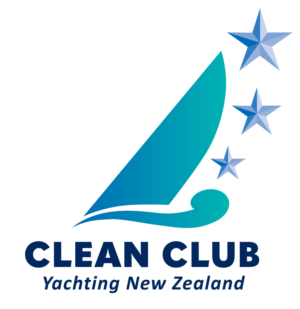In addition to having our launch, which we do use year-round, we recently purchased a caravan to increase our opportunities to explore more than just beautiful bays and gorgeous shorelines. Once we bought it, we became aware that we have many members of WBC that also have caravans, which has given us access to a lot of people who know “stuff”. We thought, having been boating for many years, caravanning would be a doddle. After all, a caravan is just a boat with wheels, right? Well, not quite. While there are many similarities – electrics, base plumbing etc., there are some pretty crucial differences.
One of which is how we deal with our grey and black water. On the ocean, our grey water (from dishes, showers etc.) pretty much just goes into the sea. We do use biodegradable products, so we’re not really concerned about doing that – and depending on what we had for our meal, it adds to the chum and makes it easier to catch the next one. Our black water goes into a holding tank and is stored on board until we can find a suitable place (in line with regulations – minimum 500 metres from shore, etc.) to pump it out. We did have a sewage treatment on our old boat (ELECTRASAN) but found it was really cumbersome to maintain and it might just have been our boat, but it didn’t smell very nice much of the time.
The campgrounds and other areas we have stayed so far, frown on dumping our grey or black water onto our camp site (although I guess I could argue we are more than 500 metres from the shore ![]() ). In the caravan (ours is a UK import) we have an external grey water tank and a standard cassette fixed toilet. We have found from our use so far that we could probably go up to 5 days without emptying, but by then we’d be pretty much full to bursting. The main difference between the boat and the caravan is that we need to make sure we plan our trips a little more carefully so that we can find dump facilities when we need them. Not all camp sites have them, so we need to know what facilities are available to us when we travel and make sure we’re not carrying wastewater we can’t get rid of.
). In the caravan (ours is a UK import) we have an external grey water tank and a standard cassette fixed toilet. We have found from our use so far that we could probably go up to 5 days without emptying, but by then we’d be pretty much full to bursting. The main difference between the boat and the caravan is that we need to make sure we plan our trips a little more carefully so that we can find dump facilities when we need them. Not all camp sites have them, so we need to know what facilities are available to us when we travel and make sure we’re not carrying wastewater we can’t get rid of.
You may have read that the Waikawa Marina recently installed a pump out station behind the fuel dock. Great idea, but many boats (including ours) will need some (expensive) retrofit work to install a pump out point from the black water tank, which may put some people off doing the modifications. I guess we’ll have to wait and see if the regulations change down the track. If they do, then boating and caravaning will have one more thing in common.
Regardless of whether on the water or the land, the key thing is to dispose of your wastewater, grey or black, in a responsible way.
- Follow local and national regulations for exclusions zones etc.,
- Use proper disposal stations and don’t be tempted to dump in a ditch or handy drain or at your anchorage – or heaven forbid at the dock,
- Use eco-friendly products on board for cleaning and waste treatment,
- Plan your trip (land or sea) so can empty your tanks as required. Plan on pulling the anchor or dropping the mooring every few days to find a suitable dump spot or pump out. Plan on making your way to the dumping station on a regular basis.
Many of our “green” boating tips can be applicable to our caravans as well, so don’t be surprised if future articles include some “land yacht” focus as well.
Safe travelling.

